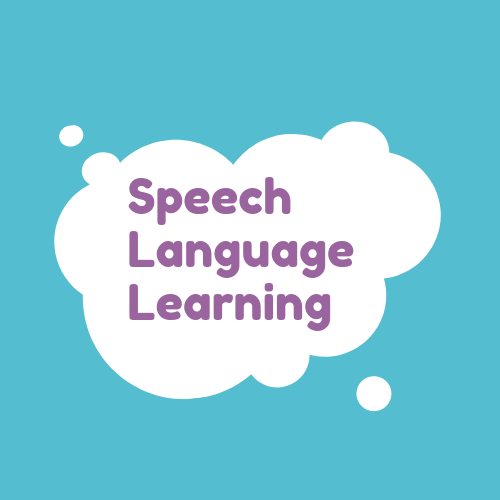Promoting Speech and Language Skills in Preschoolers through Play
Speech and language skills are an essential aspect of a child’s development and play can play a vital role in fostering these skills. For preschoolers, play is not just about having fun but also a tool for learning and building their speech-language abilities. Speech-Language Pathology professionals recognize the significance of play in enhancing these skills in young children.
Speech-language pathology is a field dedicated to diagnosing and treating communication disorders, including speech, language, and swallowing difficulties. SLPs, or speech-language pathologists, are trained professionals who work with individuals of all ages, but their expertise in early childhood development makes them especially valuable in promoting speech and language skills in preschoolers.
Play is a natural and enjoyable means for preschoolers to learn and explore their surroundings. By incorporating speech and language goals into play activities, SLPs can effectively enhance a child’s communication abilities. For instance, pretend play allows children to engage in imaginative scenarios, encouraging them to use their language skills to describe objects, actions, and emotions. SLPs can guide these play experiences by introducing new vocabulary, modeling correct sentence structure, and encouraging conversations.
Board games and puzzles are other excellent tools for promoting speech and language skills. These activities encourage turn-taking, listening, and following directions—essential components of effective communication. Speech-language pathologists can introduce specific strategies during play, such as asking open-ended questions, which foster language development, expand vocabulary, and encourage critical thinking.
Outdoor play provides preschoolers with rich language-learning opportunities as they engage in conversations with their peers and adults. SLPs can suggest games that involve verbal communication, like hide-and-seek or role-playing, which encourages children to express their thoughts and ideas. This type of play promotes interaction, social skills, and the ability to express oneself effectively.
Art and craft activities are another fantastic way to promote speech and language skills. While engaging in creative projects, preschoolers can discuss colors, shapes, textures, and emotions. SLPs can incorporate language goals during these activities, such as asking the child to describe their artwork, encouraging use of descriptive words and enhancing vocabulary.
Music and rhymes have long been recognized for their contribution to language development. Singing songs, reciting rhymes, and playing musical instruments allow preschoolers to practice specific sounds and rhythm, enhancing their phonological awareness. SLPs can incorporate songs and rhymes that target specific speech sound goals, helping preschoolers improve their articulation skills.
In conclusion, play is an incredibly powerful tool for promoting speech and language skills in preschoolers. SLPs play a crucial role in guiding and supporting children in their language development journey, using play as an effective means of intervention. By incorporating speech-language pathology techniques into play activities, preschoolers can strengthen their communication abilities while having fun. From pretend play to board games, outdoor activities to arts and crafts, and music to rhyme, play offers endless possibilities for preschoolers to explore, learn, and grow their speech and language skills.
************
Want to get more details?
Speech Language Learning, PLLC
https://www.speechlanguagelearning.net/
(802) 551-1230
1103 Cortelyou Road, Brooklyn, NY 11218
